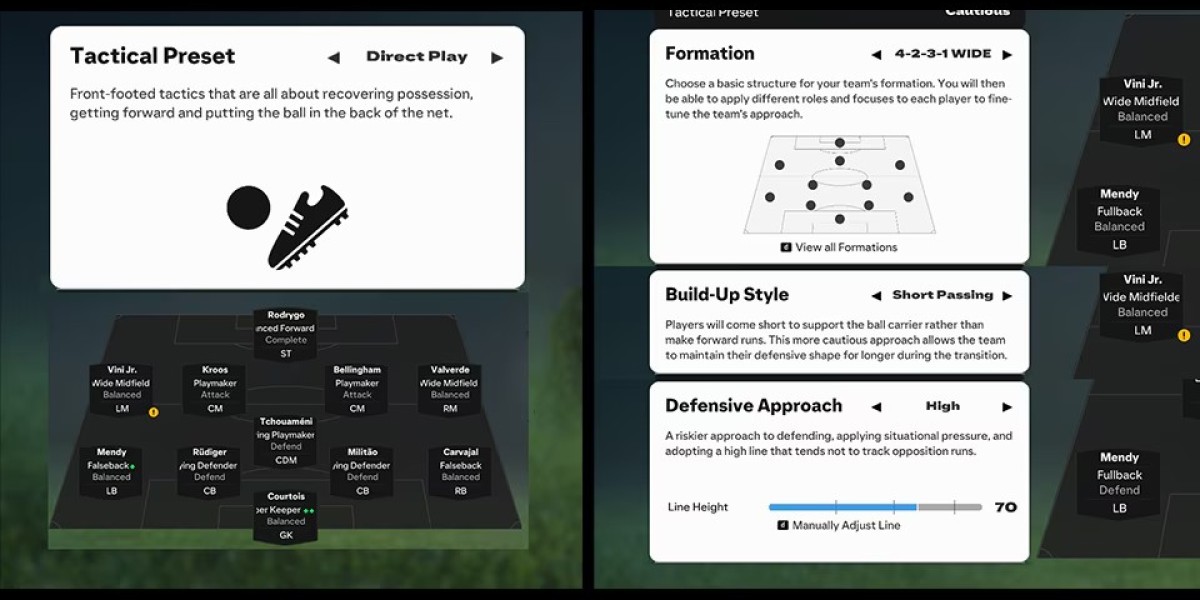Precision Oncology: Focusing on NTRK Gene Fusions
The NTRK fusion gene positive advanced solid tumor market is a rapidly evolving segment within oncology, driven by the identification of a specific genetic driver across various tumor types. NTRK gene fusions, resulting from chromosomal rearrangements, lead to the production of oncogenic TRK fusion proteins that promote tumor growth. This market is not just about a single drug; it's about a paradigm shift in cancer treatment, moving towards tumor-agnostic therapies based on genetic biomarkers.
Understanding the Target: NTRK Gene Fusions and Their Role in Tumorigenesis
NTRK gene fusions involve the fusion of NTRK genes (NTRK1, NTRK2, NTRK3) with other genes, creating chimeric proteins with constitutive kinase activity. These TRK fusion proteins drive tumor growth through the activation of downstream signaling pathways. This genetic aberration is found in a variety of solid tumors, including lung cancer, colorectal cancer, thyroid cancer, and sarcoma. The market focuses on NTRK inhibitors and TRK fusion targeted therapies.
Drivers: Breakthrough Therapies and Diagnostic Advancements
The primary drivers of this market are the development of highly effective NTRK inhibitors, such as larotrectinib and entrectinib, and the advancements in diagnostic technologies that enable the identification of NTRK gene fusions. Next-generation sequencing (NGS) and fluorescence in situ hybridization (FISH) are crucial tools in identifying these fusions. The increasing focus on biomarker testing in oncology and precision cancer medicine is fueling market growth.
Applications Across Tumor Types: A Tumor-Agnostic Approach
NTRK fusion gene positive advanced solid tumors are not confined to a single tumor type. This tumor-agnostic approach, where treatment is based on the presence of a specific genetic alteration rather than the tumor's origin, is a significant shift in oncology. The market addresses a diverse patient population with various solid tumors harboring NTRK fusions. The development of pan-tumor therapies and genetic biomarker driven cancer treatment is catering to this broad range of patients.
Challenges: Resistance Mechanisms and Patient Identification
Despite the remarkable efficacy of NTRK inhibitors, challenges remain. Resistance mechanisms, including on-target and off-target resistance, can limit the long-term effectiveness of these therapies. Furthermore, identifying patients with NTRK fusion gene positive tumors requires access to advanced diagnostic testing, which may not be readily available in all healthcare settings. The development of next-generation NTRK inhibitors and improved diagnostic assays is crucial for overcoming these challenges.
The Future: Combination Therapies and Expanded Applications
The future of the NTRK fusion gene positive advanced solid tumor market lies in the development of combination therapies and the expansion of applications. Research is ongoing to explore the potential of combining NTRK inhibitors with other targeted therapies or immunotherapies. Furthermore, the application of NTRK inhibitors in earlier stages of cancer and in pediatric tumors is being investigated. The focus on advanced cancer genomics and personalized cancer treatment will continue to drive market growth. The ongoing research into targeted oncology drugs and cancer gene therapy plays a vital role in the future of the market. The use of liquid biopsy for NTRK detection is also an emerging trend.
About Market Research Future (MRFR)
Market Research Future (MRFR) is a global market research firm that provides comprehensive insights into market trends, drivers, challenges, and opportunities. We offer a broad range of market intelligence reports and consulting services to help businesses and enterprises in various industries make informed decisions
Media Contact:
Market Research Future (MRFR)
Phone: +1-646-845-9312
Email: contact@marketresearchfuture.com
Website: marketresearchfuture








